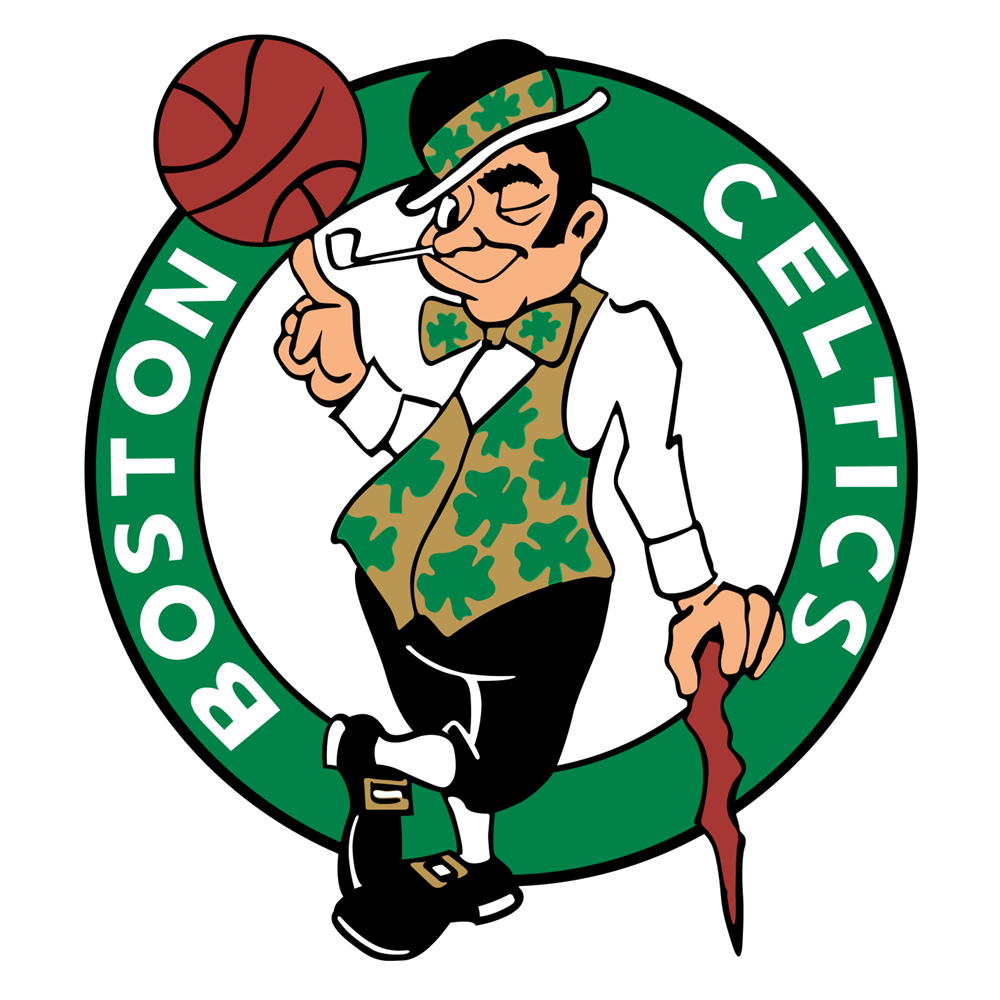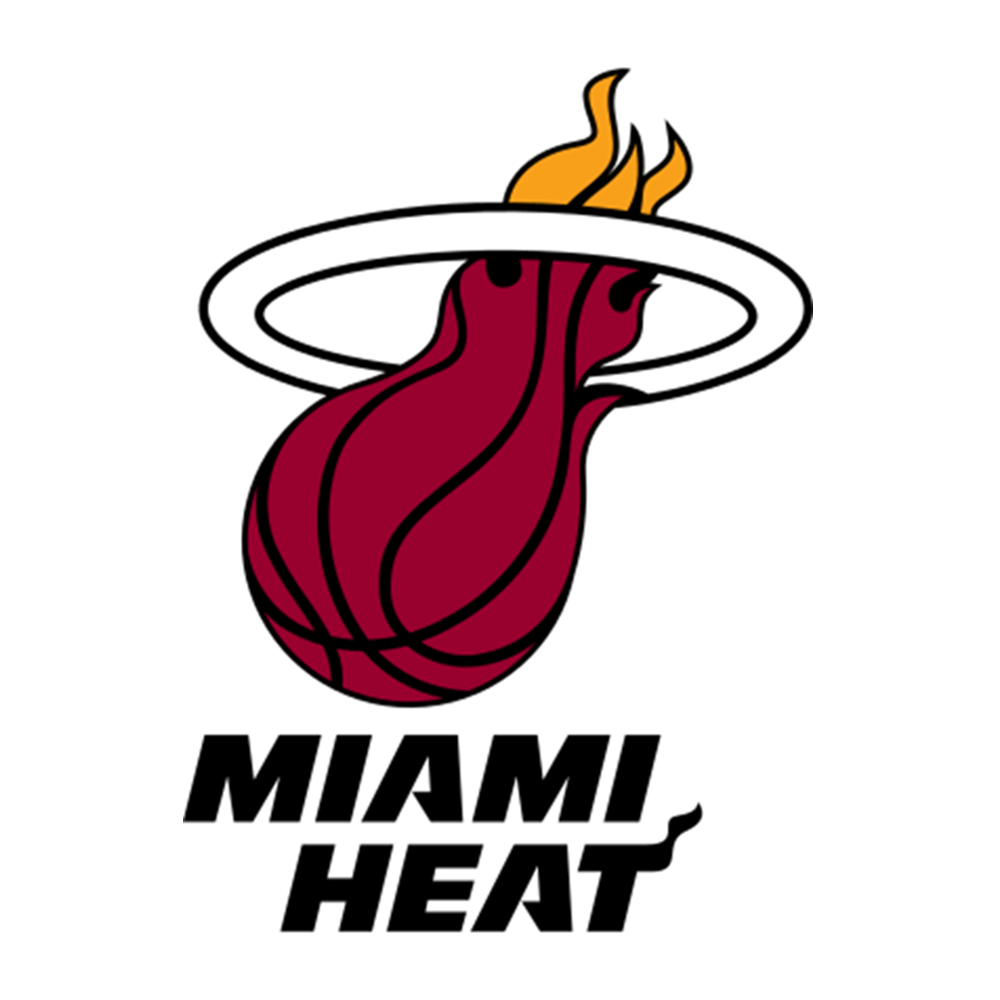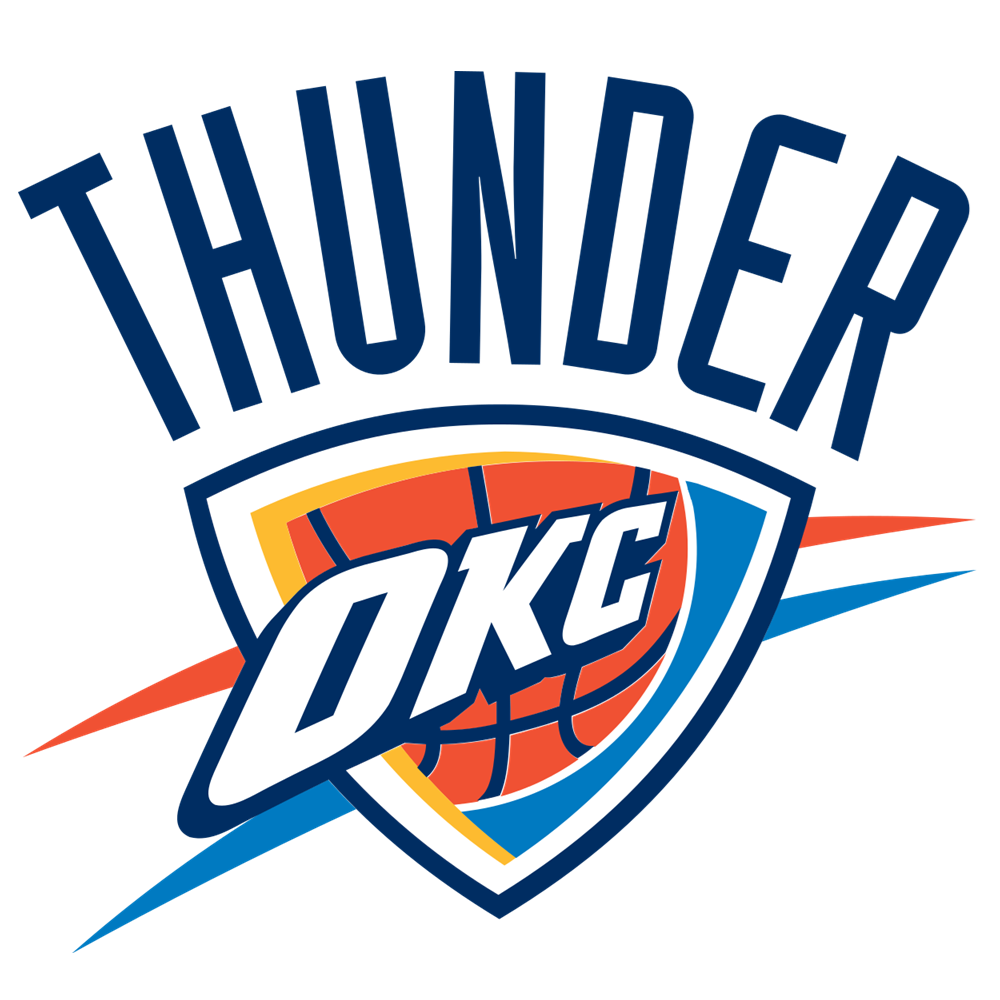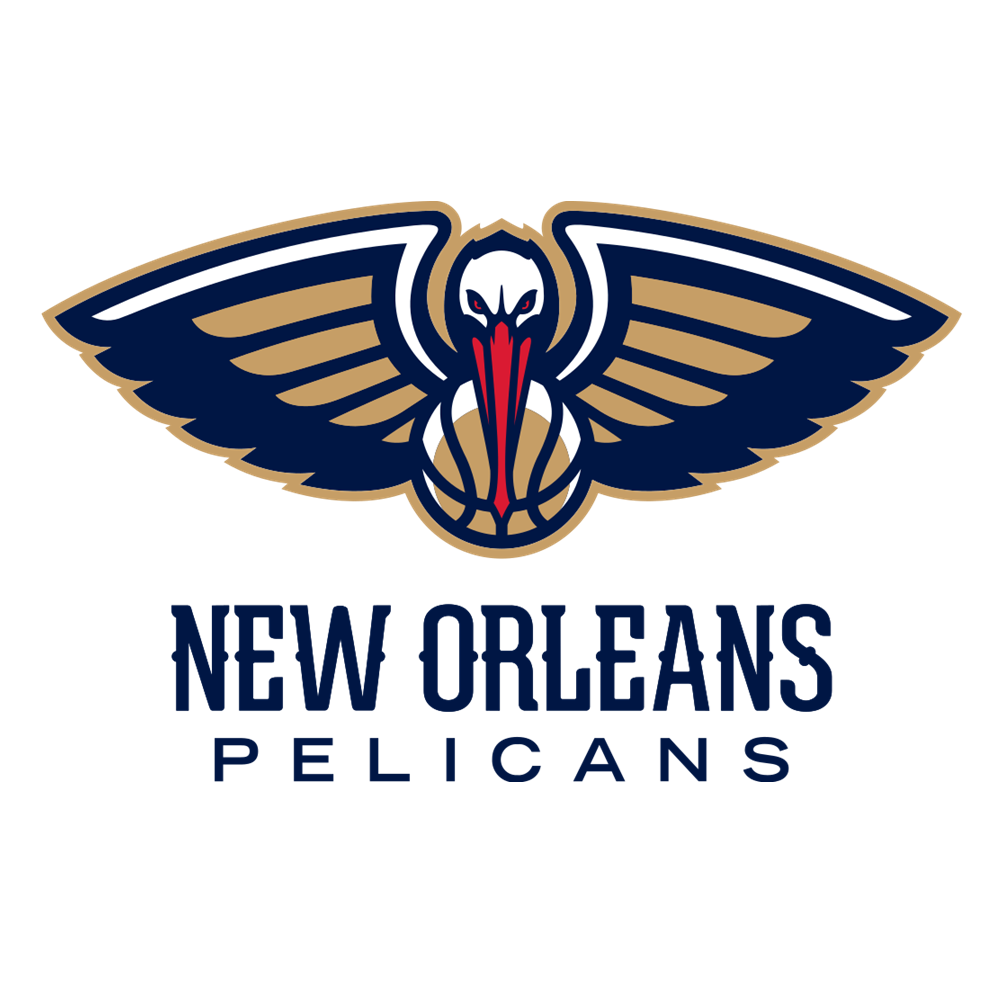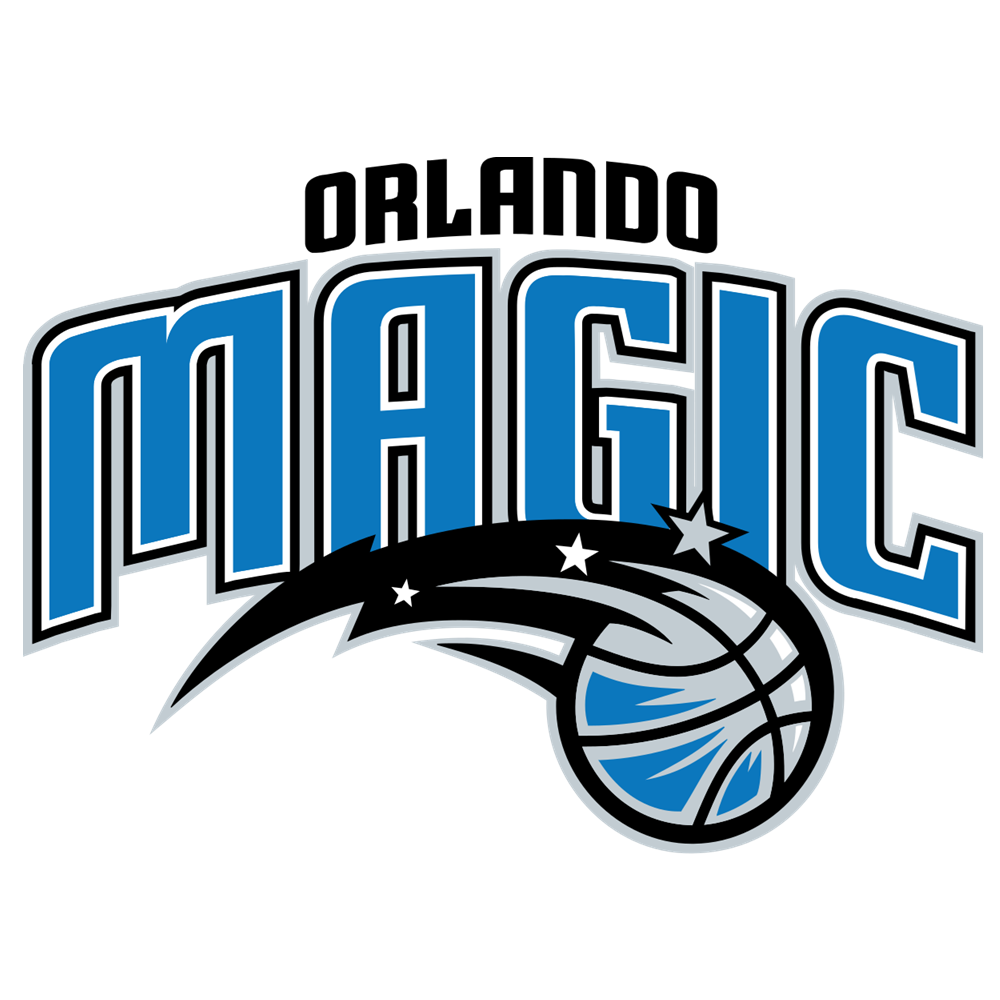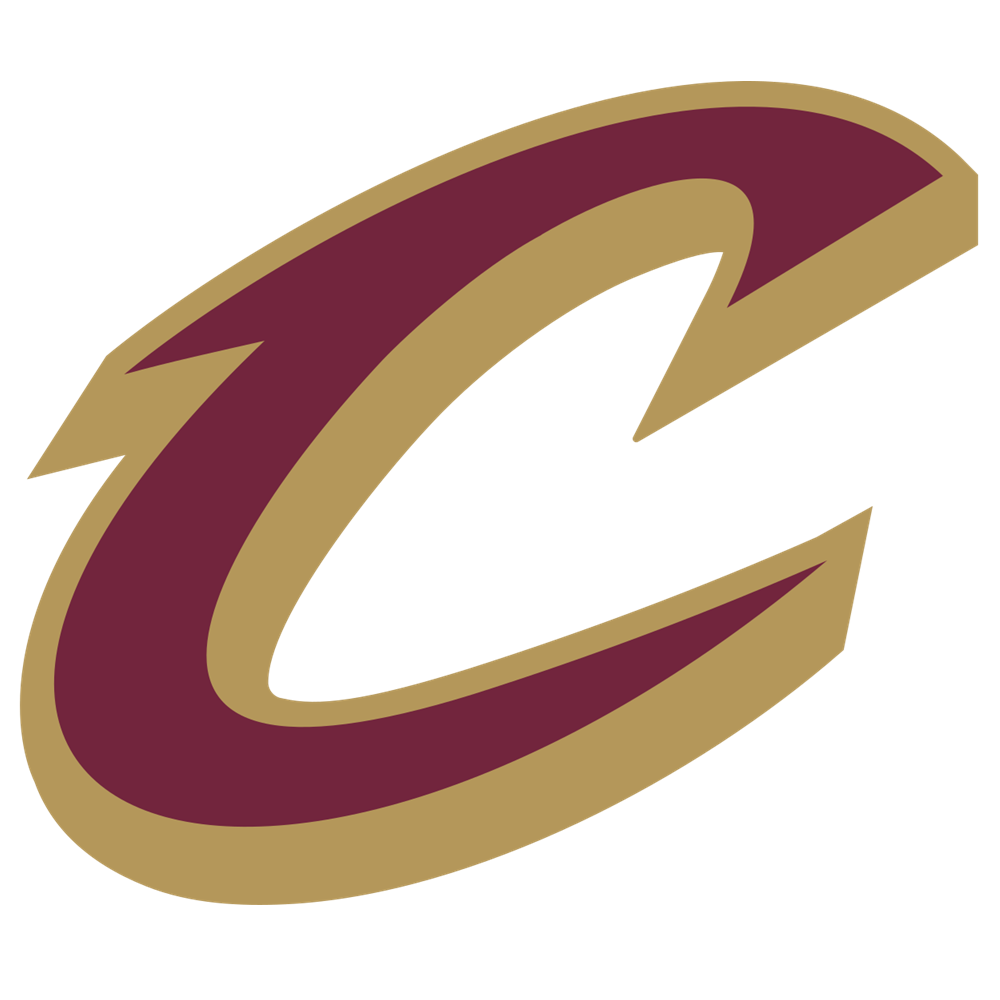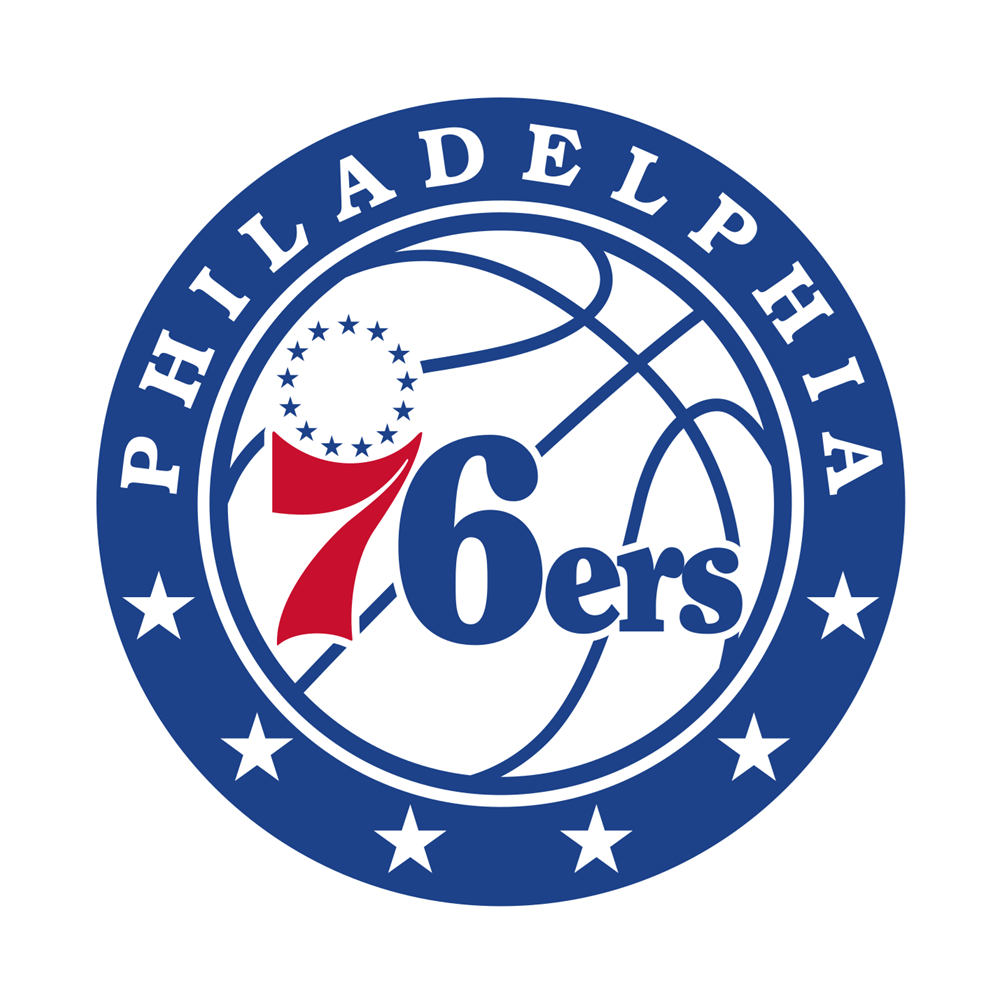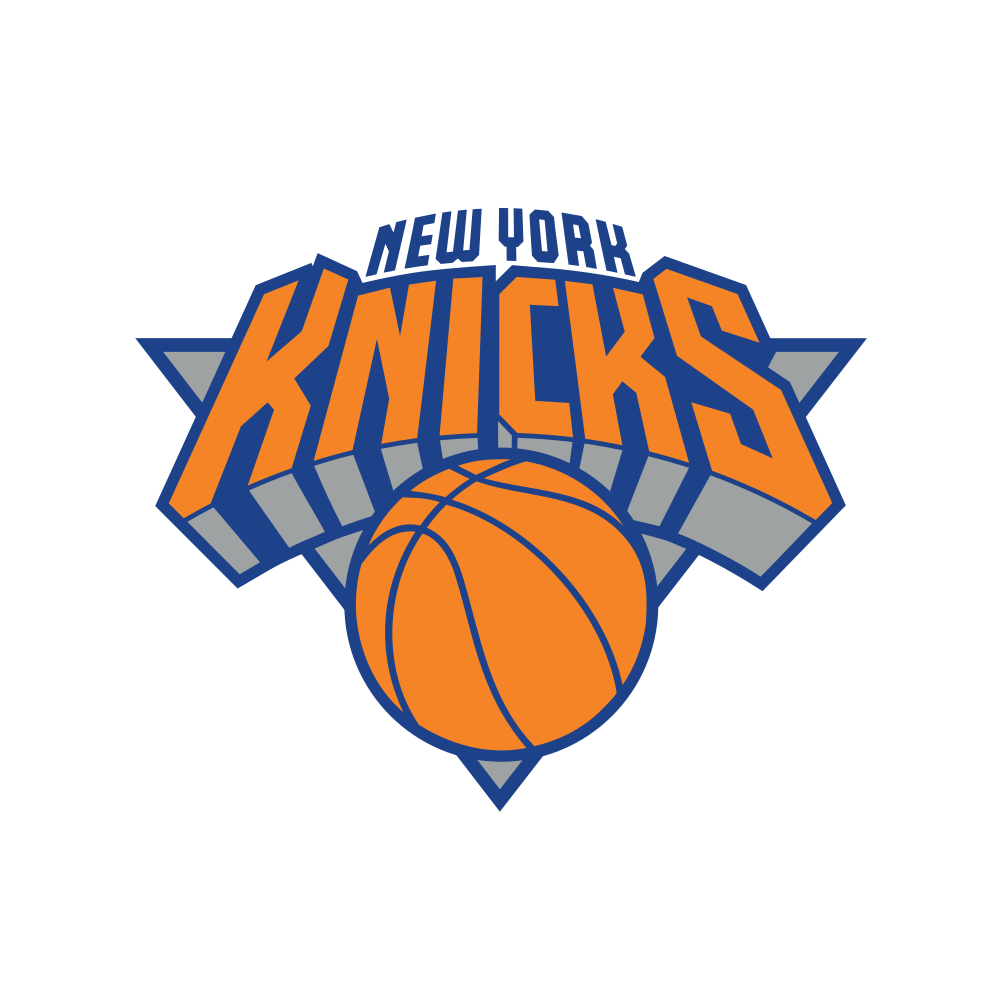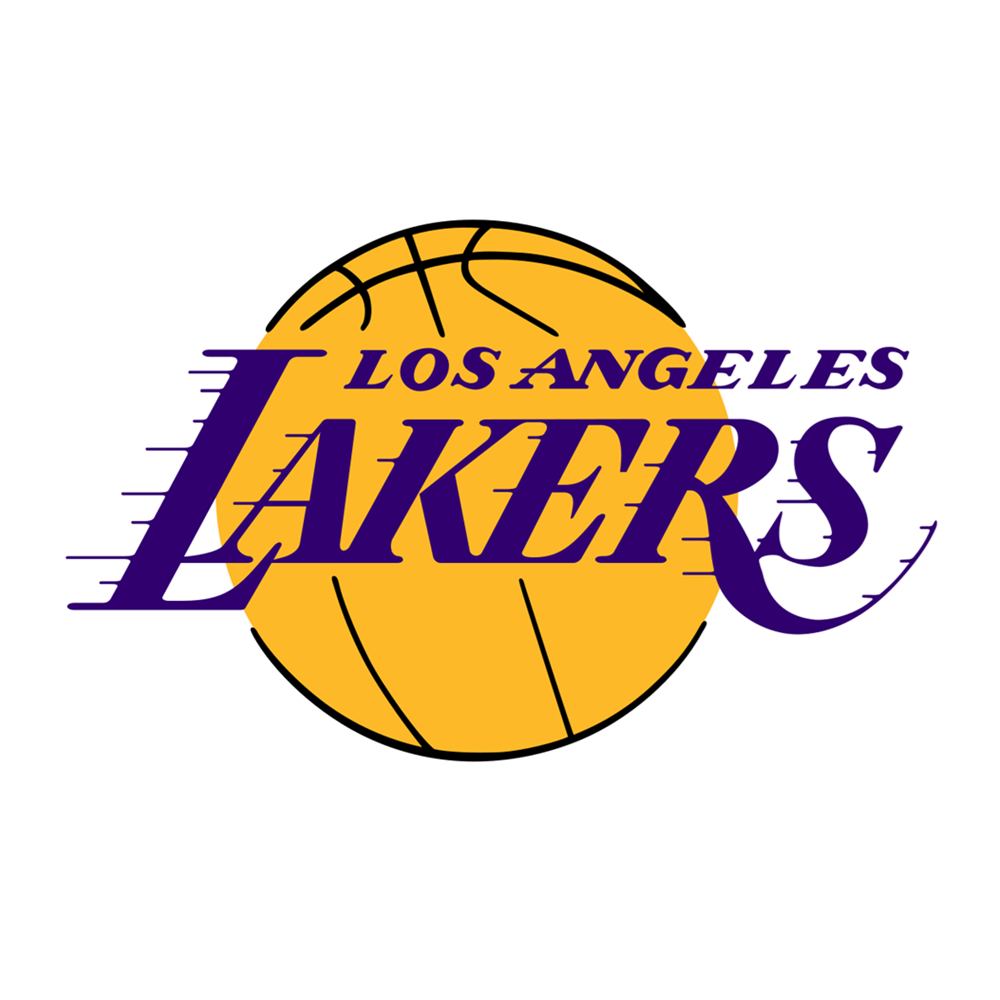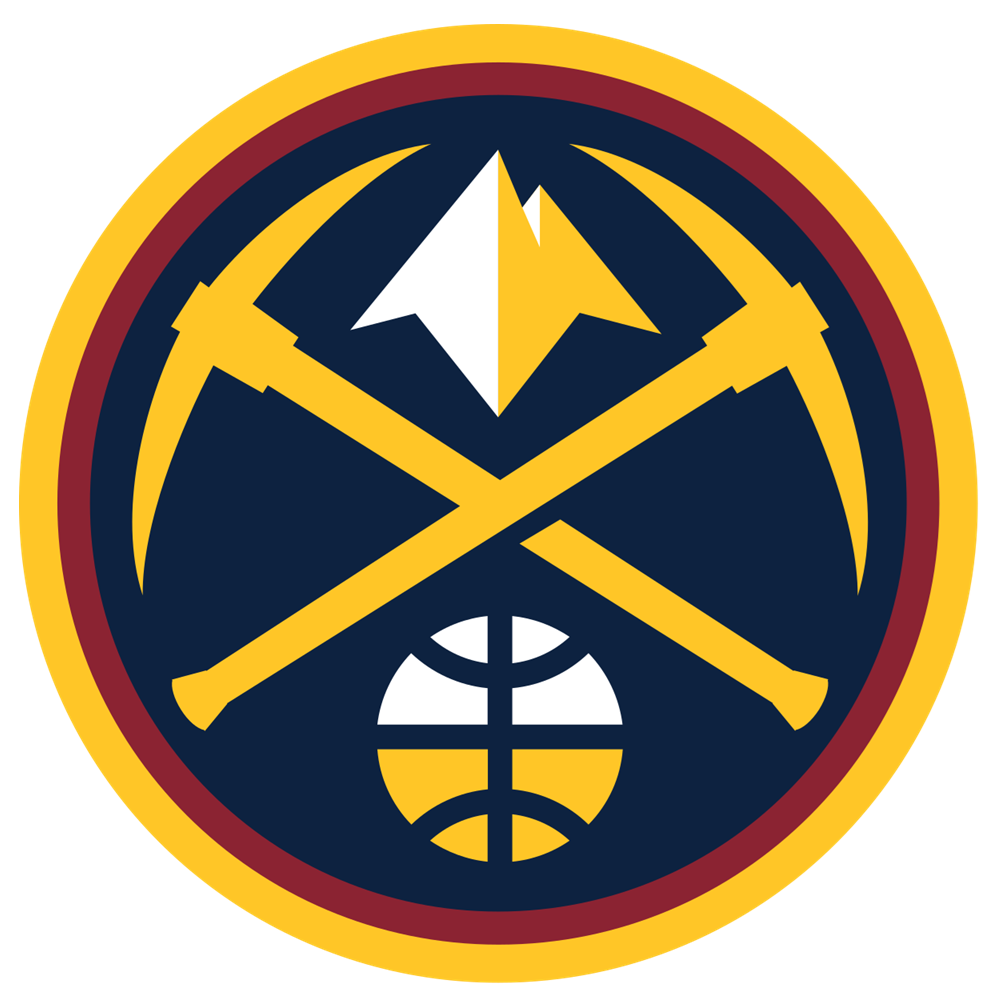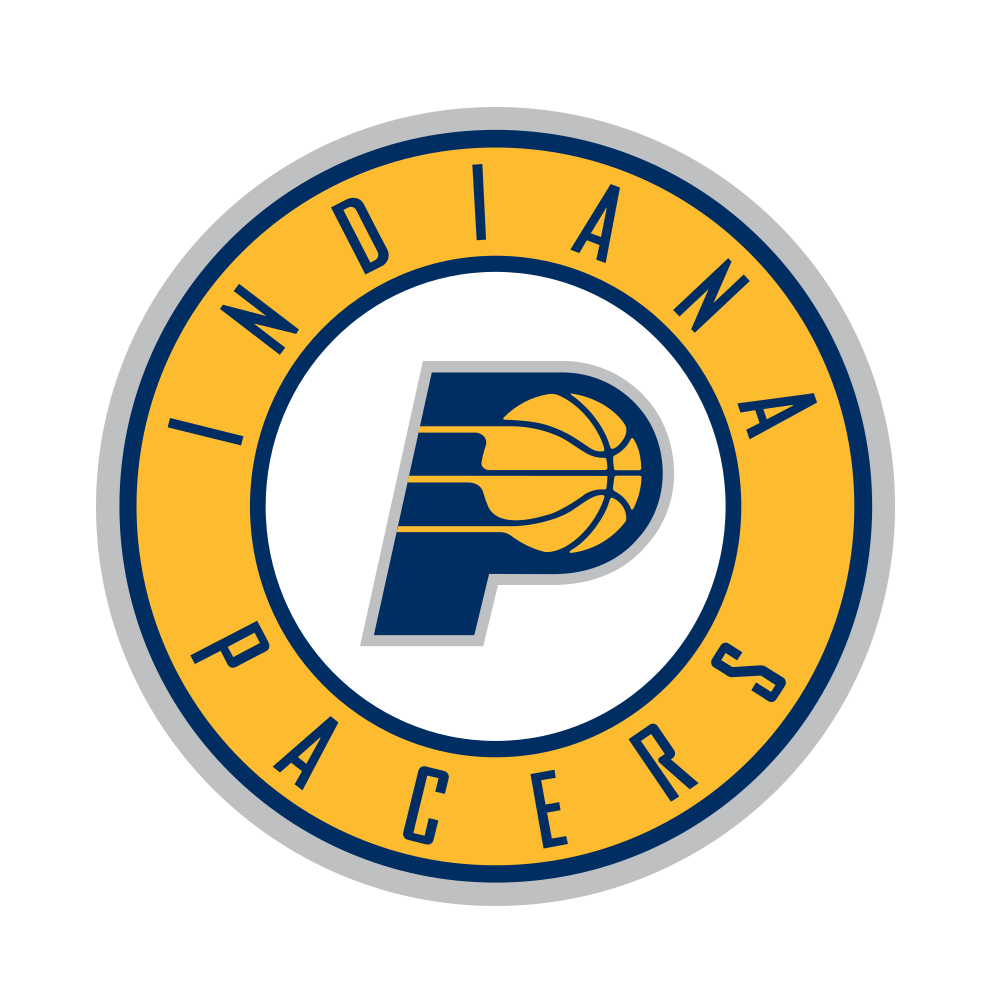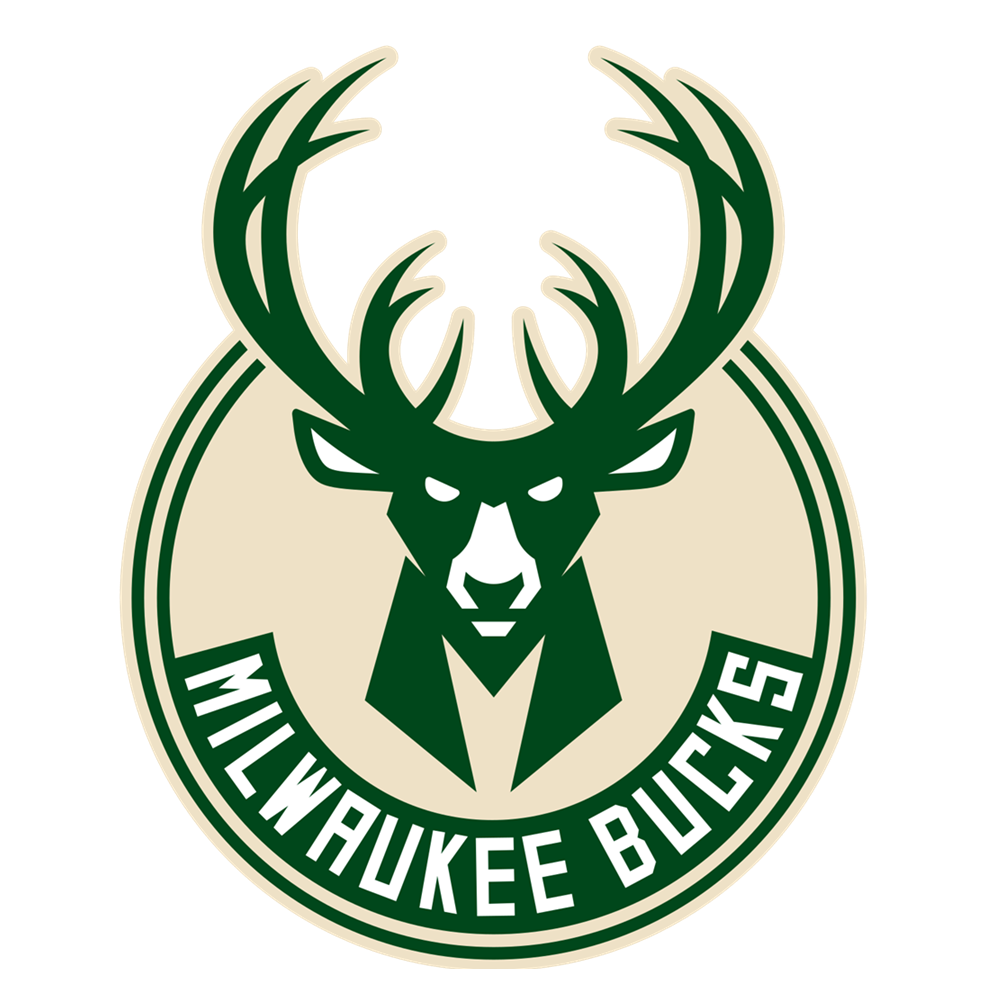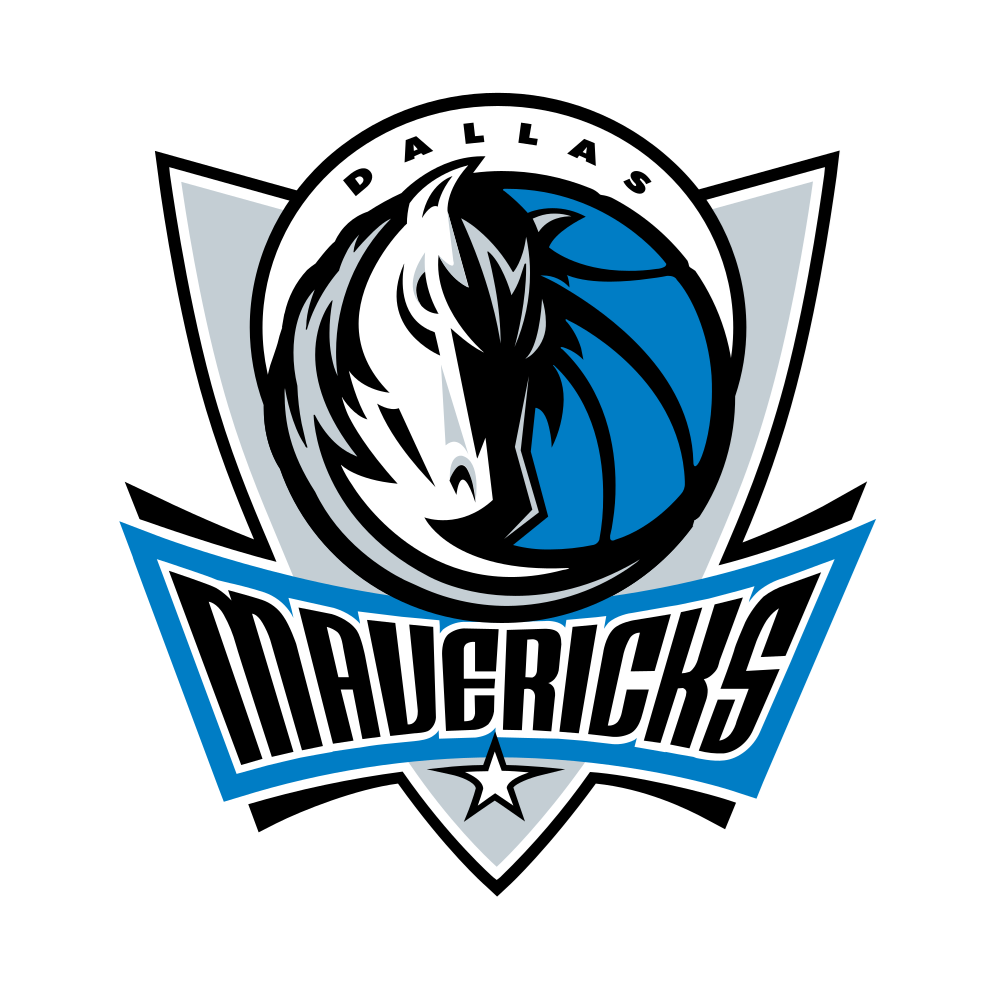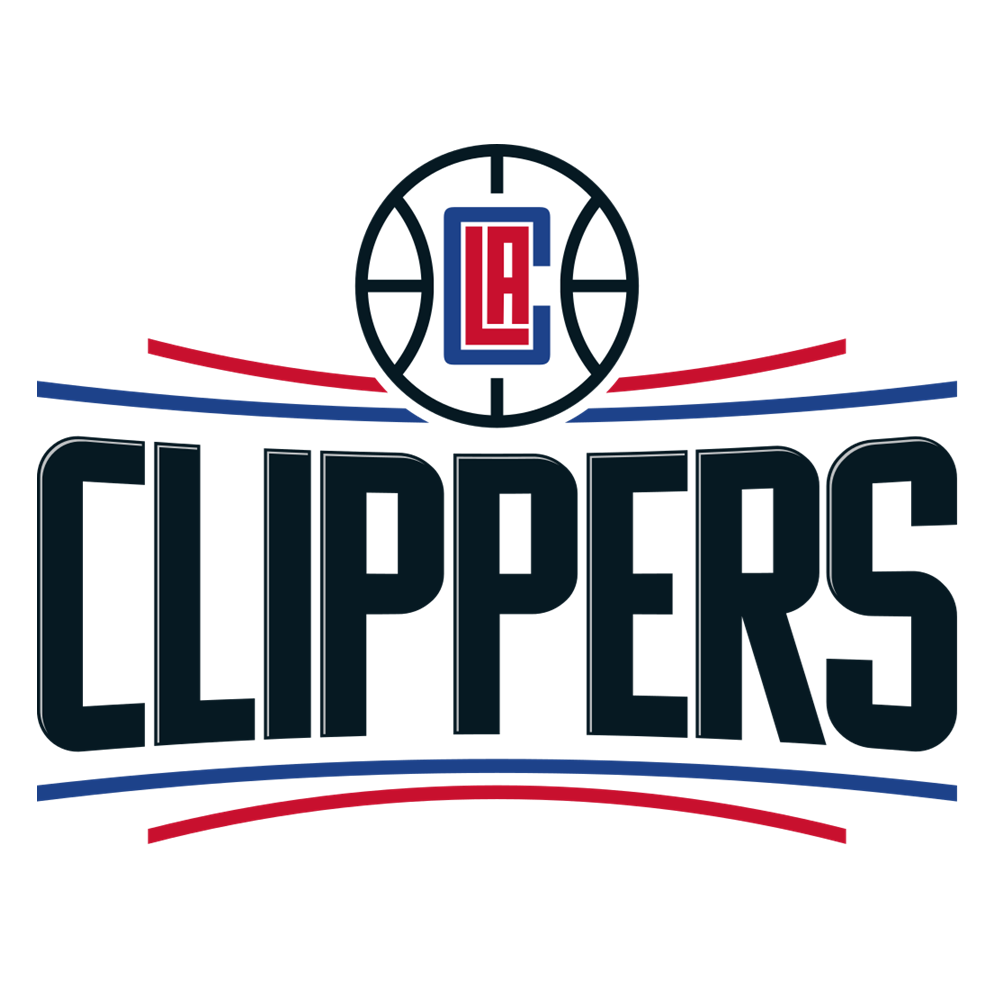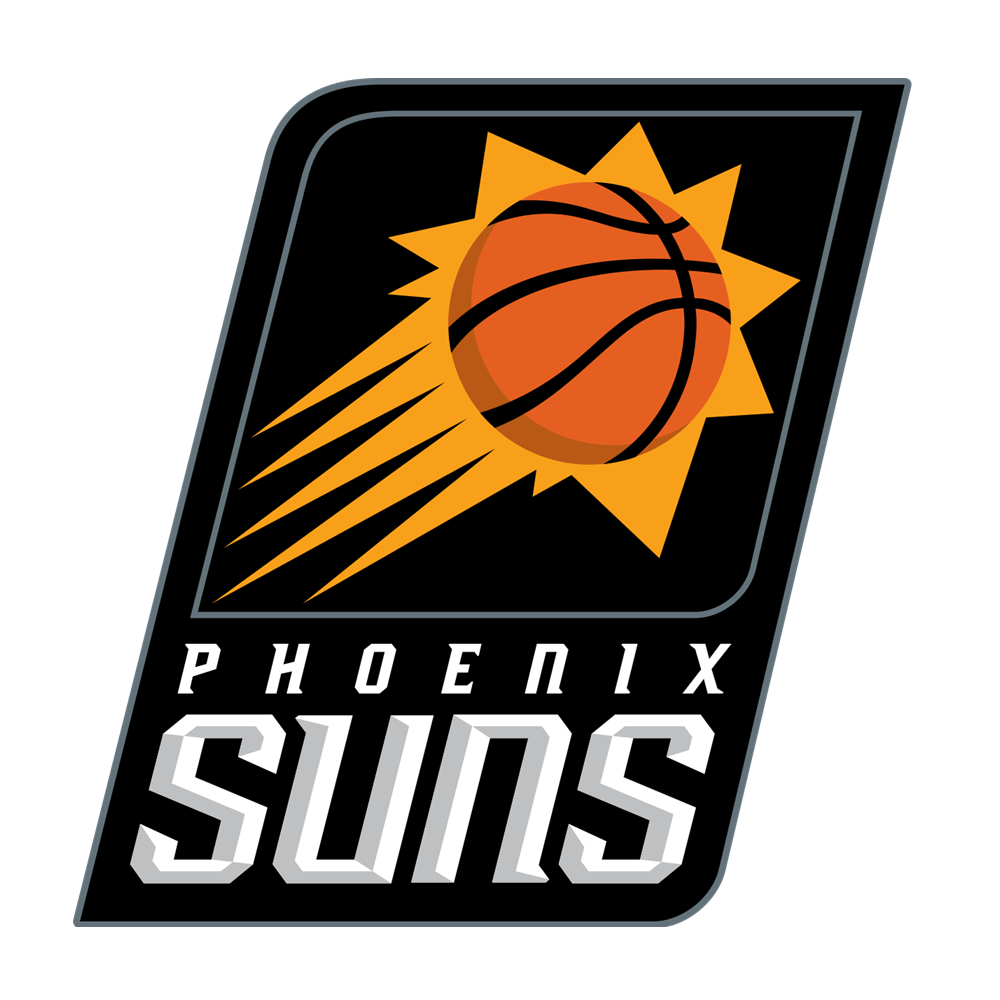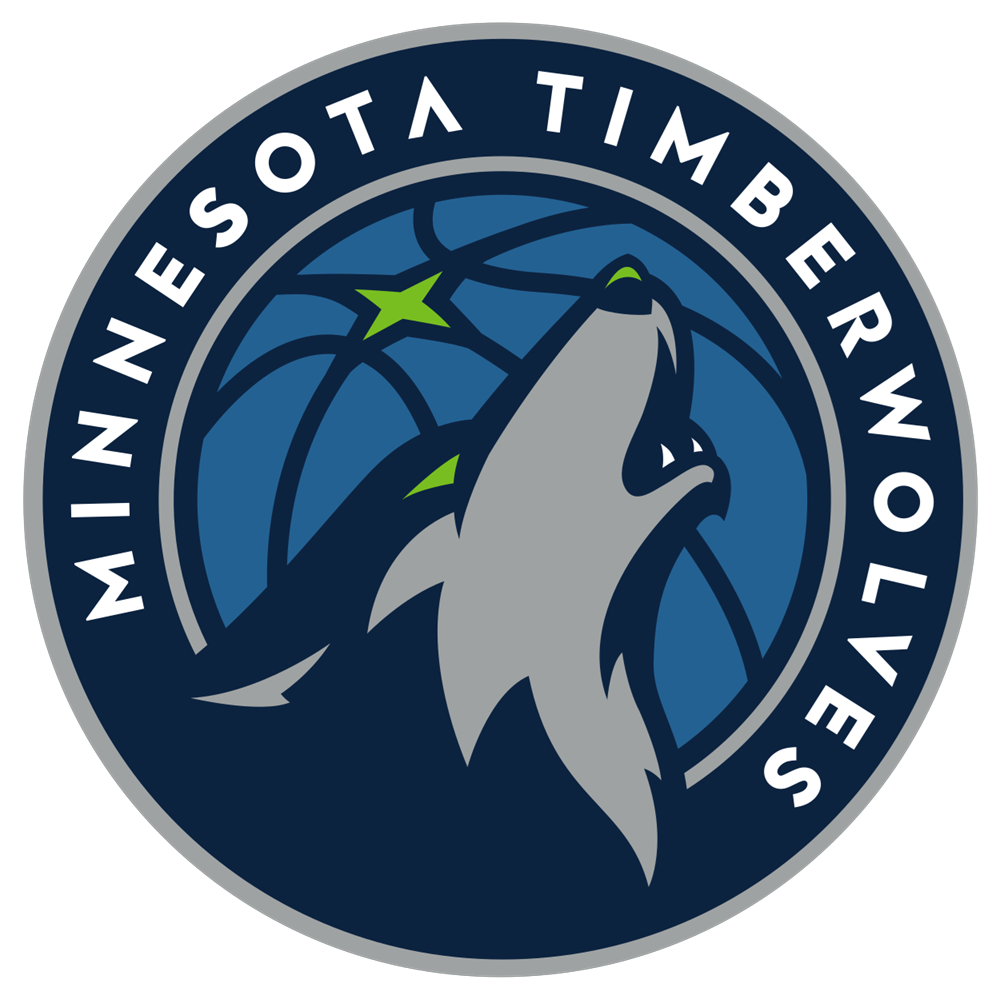When the Cleveland Cavaliers traded Kyrie Irving to the Boston Celtics over the summer, the idea behind it was that they would not drop off too much.
For all of Kyrie's brilliance as a ball handler, shot-maker and go-to scorer, it was envisaged that Thomas would give them much of the same. Averaging 28.9 points per game last season in a break-out campaign, the idea was that Cleveland would be able to keep the team as competitive as they were with Irving, but doing so with players who wanted to be there, as opposed to a disenfranchised Kyrie who now sought to control his own legacy. Between Thomas, Jae Crowder and the coveted Brooklyn Nets first round pick, it was reasoned that the Cavaliers would not lose too much, both immediately and in the near future.
It was known that Thomas did not want to leave Boston. It was known that was Thomas was injured at the time of the deal. It was known that Thomas was among the absolute worst defensive players in the league and not about to get any taller. It was known that Thomas would be approaching unrestricted free agency in anticipation of a big payday even with all the above factors in play.
But what wasn't known, or foreseen, was quite how badly it would go.
Ultimately, because of the injury, Isaiah played only 27 minutes per game in 15 contests for the Cavaliers. Returning only in January due to his hip problem, Thomas played poorly in his time with the team, recording only 14.7 points per game (on 12.9 shots), shooting 36.1% from the field, and being dead last in the league in individual defensive rating. He had the same flaws as before, but without the strengths that made it worthwhile.
Most pertinently of all, Isaiah's return seemingly caused ruptures in the Cavaliers' locker room. An oft-fragile team who can combine striking winning streaks with long stretches of apathy-induced losing, the Cavaliers have lost their way since Thomas's return, losing 13 of their last 20 games and not for a minute looking like a championship contender. And while it is impossible on this side of the fence to truly determine how causative of a link there was, reports leaking out of the Cavaliers' braintrust always seemed to point the finger at Isaiah. Unless every single report is wrong, the story is consistent - Isaiah wasn't liked.
The use of the past tense in all of the above is deliberate. In the juiciest move of the deadline, the Cavaliers traded Isaiah to the L.A. Lakers, along with Channing Frye and their own 2018 first round pick (protected only top three and thus certain to convey).
In exchange, the Cavaliers received Larry Nance Jr and Jordan Clarkson. Clarkson was supposed to be available in a salary dump, with the Lakers giving up a pick to be free of his deal, rather than being able to get one back for him. And yet here we are.
At a time when first round picks are being more tightly guarded than ever, Cleveland is here giving up one for what is essentially Nance and a slight guard upgrade. Nikola Mirotic was traded to the New Orleans Pelicans last week for a first round pick that essentially cost the Chicago Bulls $14.3 million, and, aside from the next-level Blake Griffin deal, no one else gave up a first rounder at all.
Quality players such as Tyreke Evans, expressly available by the Memphis Grizzlies to any team prepared to part with a first-round pick, have gone unmoved. No one would give up the first for Evans, such is the esteem they are held in now, and the two second round picks offered by all of the Washington Wizards, the Boston Celtics, the Denver Nuggets and Philadelphia 76ers are not the same thing. They did not get it done. Memphis could not get it done. No team would part with a first round pick, not for Tyreke, and not for anyone.
Except, of course, for the Lakers, in a bid to move from Isaiah Thomas to Jordan Clarkson. That it seems is how far Isaiah's value has fallen. From 28.9 points per game scorer to somewhere between "salary filler" and "addition by subtraction", all in seven months.
The Cavaliers gave up the first when no one else did because their situation was unlike anyone else's. The only true buyer in a market full of sellers, Cleveland would take on salary and give out picks when no one else would, if it meant being able to achieve their aims. Their aim, of course, is to get LeBron to stay, and the path to doing so involves salvaging a season that was otherwise sinking fast.
To achieve that aim meant addition by subtraction. Isaiah - who will now miss the overwrought tribute night he was supposed to be getting in Boston, and who probably won't get similar treatment the next time he is back in Cleveland - is the reason this deal happened. The need to be free of him became the object of paramount importance for the Cavaliers.
In acquiring Isaiah - and, specifically, Isaiah's expiring contract - the Lakers have achieved their own primary aims as well. With this deal, they have opened up their two 2018 maximum salary cap space aspirations, in the same week as they leaked the idea that they would be abandoning hope of a 2018 free agency coup in favour of a run in 2019. Lakers Exceptionalism is alive and well again, as well it should be the - the aim should always be to get the best available players. They are now potentially able to do so.
Nance, essentially, was the price of moving Clarkson. The Lakers have been willing and able to attach a first round pick to shift Clarkson's contract for an extremely long time, and trading Nance along with him is much the same thing. However, in being able to leverage Cleveland's relative desperation, the Lakers were also able to get a pick of their own, a far greater return for Clarkson than would ever have been previously thought possible. Losing the versatile, defensive-minded, extremely fun and useful Nance is no small loss, but the trade was undeniably good from their perspective. All their big plans are now back in play.
The ironic if not foreboding reality that one of the free agents Los Angeles will covet with that cap space will be LeBron James is a risk that Cleveland just had to take. So be it.
Cleveland, however, did not stop there.
Keeping the momentum rolling, the Cavaliers made two follow-up deals. The first one, a three-team deal which at its core was much more predictable, saw the team acquired George Hill from Sacramento, along with the draft rights to Arturas Gudaitis, while also acquiring Rodney Hood from Utah, in exchange for Derrick Rose, Iman Shumpert, Jae Crowder, Miami's 2020 second round pick, the right to swap 2024 second round picks and the draft rights to Dimitrios Agravanis.
And to follow it up, in the total shock move, the Cavaliers traded Dwyane Wade back to the Miami Heat in exchange for a protected 2020 second round pick.
From Sacramento's point of view, their role in the deal was purely to hit reset on a perceived error. Signing Hill was supposed to be a pivot towards a different stage in their eternal rebuild, one where they flank their young core with talented vets on re-tradable contracts that would enhance their development rather than detract from it. It did not work with Hill, however, as his production suffered in all areas. Supposed to aid in the development of De'Aaron Fox, Hill only got in the way, and he only thrives as a player in team offences that are crisp and rhythmic, which the Kings are not. With this deal, Sacramento get very little for their money, but at least they are free of much of the rest of it.
As for Miami, they get an essentially-free quality NBA player, one with legend status. They get to rebuild a sadly broken relationship between Wade and Pat Riley, get a key reinforcement for what is potentially a difficult-looking playoff team, and all for the cost of literally nothing. The trade was striking more from the point of view that it happened, and that LeBron agreed to it, rather than the return specifically. There was no return. Despite being the team's second best player in the absence of Kevin Love, Wade, too, needed to go.
Utah meanwhile got something for Hood, who otherwise was seemingly leaving anyway, and are freed from some of the salary commitment they had towards Joe Johnson, who had become redundant through the improved play of Derrick Favors, the welcome addition of Jonas Jerebko and the highly useful rookie Royce O'Neale. The only concerns should be how Crowder's small but not insignificantly so salary fits in with a team salary pictured that is not the loosest, and the wider concern of how another first-round pick got to the point where he was dealt only for a lesser player.
The importance of the deals for those other teams are, however, an extremely distant third, fourth and fifth. This was Cleveland's deadline, and every other team was trying to accommodate them. So, did it work? Did they get enough?
Cleveland went into this deadline week needing badly to shake things up. They knew it, we knew it, and their peers had long since known it - it is not a coincidence that they were linked to everybody from Hill, to Lou Williams, to DeAndre Jordan. If a quality veteran was deemed available, the starting point was always, will Cleveland want them?
Shaking it up is what they did. Cleveland have switched out two starters and four rotation players, in a bid to not only improve chemistry, but also add quality, improve the lacklustre defence and adopt a new identity. In tandem, the first two moves saw a pivot towards youth and athleticism that Wade did not fit with, added a defensive-minded forward in Nance where none existed before, added a player in Hill who should play off the ball and defend the point guard spot better than Isaiah did, and added a wing gunner in Hood who far exceeds the next-to-nothing production that J.R. Smith offers these days,
The trio of moves Cleveland made on this day have had the added bonus of opening up two roster spots. Marc Stein of the New York Times reports that one is likely to be used on bringing Kendrick Perkins back to the league; an incredibly marginal player for a while now, a signing of Perkins would be primarily a move for chemistry, just as the annual signing of James Jones used to be. Adding another frontcourt piece and/or a rotation-calibre defensive-minded player should be considered now both possible and important.
Whoever they sign with these spots, then, should also be considered trade deadline acquisitions. And that point, that is nearly half the roster overhauled.
The new Cavaliers line-up has greater depth than the previous one. It does not, however, answer all of the questions.
None of the backcourt players acquired are good defensively - Hill is the best of the bench, but he is only approaching "average" - and while Clarkson and Hood are both capable players off of the dribble, neither approaches Kyrie in that respect. The idea behind acquiring Isaiah was that he could. The reason for the failure of the experiment is because he couldn't. These moves are intended to get them back to the top of the Eastern Conference, but the gap between the Cavaliers and the Boston Celtics and Toronto Raptors above them had become suitably wide that they are still trailing the play.
Nevertheless, in total, Cleveland's trade deadline was about as well as could have been done given the circumstances. They have used their deep pockets, their few assets and a small smattering of desperation to add quality to a team that needed it, and to galvanise a locker room that had had enough of itself in its current guise.
More than anything, though, it seems the plan had hurriedly become to get rid of Isaiah. And with that, the mission was accomplished.
